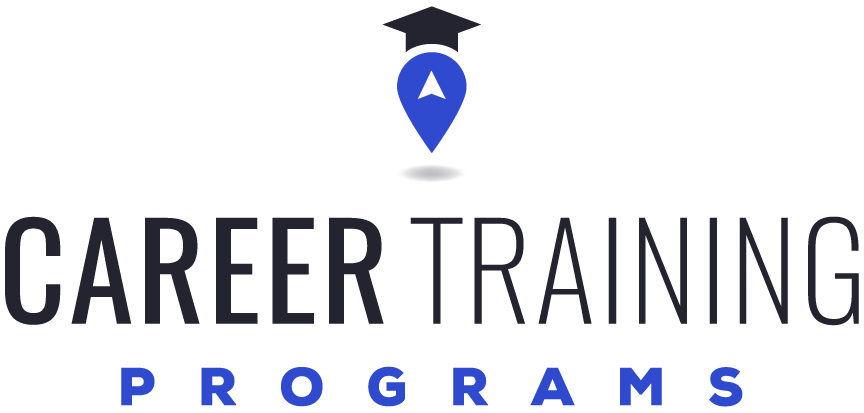In today’s fast-paced, ever-evolving job market, the traditional four-year college route isn’t the only—or even the best—path to a successful career. For many students, especially those who prefer hands-on learning and want to enter the workforce quickly, trade schools or career colleges offer a compelling alternative. These school’s programs prepare students for specific careers in fields like healthcare, technology, skilled trades, and more. Here’s why choosing trade school or career college can be a smart, practical, and financially sound decision.
1. Faster Path to Employment
One of the biggest advantages of trade school or career college is the speed at which you can complete your education. Most programs can be completed in 6 months to 2 years, depending on the field. That means you could be earning a salary and gaining real-world experience while your peers in traditional college are still attending lectures.
Example: Programs like electrical technician training, dental assisting, welding, or HVAC often take less than two years—and many include certifications that make graduates job-ready immediately.
2. Lower Cost of Education
Let’s face it—college is expensive. The average cost of a four-year degree in the U.S. can reach over $100,000. Trade school or career college, on the other hand, is significantly more affordable, often costing a fraction of that amount. Many programs also qualify for federal financial aid, scholarships, and grants, helping to reduce debt even further.
Benefit: With less student loan debt, trade school or career college graduates can start building financial stability much sooner.
3. High Demand for Skilled Trades
Skilled trades are in high demand. As the baby boomer generation ages and retires and infrastructure projects grow, employers are struggling to fill jobs in industries like healthcare, automotive repair, HVAC, electric, and more. According to the U.S. Bureau of Labor Statistics, many of these occupations are projected to grow steadily through the next decade.
Hot Fields Include:
– Electricians
– Medical Assistants
– HVAC Technicians
– CDL Certified Drivers
– Dental Assistants
4. Hands-On Learning Experience
Trade school or career colleges emphasize practical, hands-on training, making them ideal for students who prefer learning by doing rather than sitting in a lecture hall. The curriculum is designed to simulate real-world work environments and prepare students for what they’ll actually encounter on the job.
Advantage: This kind of focused, experiential learning leads to greater retention of skills and a smoother transition into the workforce.
5. Clear Career Path
Unlike traditional colleges where students often switch majors and take years to decide on a career, trade school or career colleges offer a direct route into a specific occupation. You know exactly what you’re studying and what job you’re preparing for from day one.
Outcome: A targeted approach saves time, eliminates uncertainty, and helps you start your career with purpose.
6. Licensing and Certification Opportunities
Most trade school or career college programs are designed with industry certification in mind. That means you’ll often graduate not only with a diploma but also with the qualifications required to work legally and competently in your chosen field.
Examples:
– Certified Medical Assistant (CMA)
– ASE Certification for Automotive Technicians
– EPA Certification for HVAC technicians
These certifications can give you a competitive edge and are often required by employers.
7. Flexible Learning Options
Many trade school or career colleges offer flexible schedules, including evening and weekend classes, online learning options, and part-time enrollment. This flexibility is especially valuable for adult learners, parents, or those who need to work while attending school.
Takeaway: Trade school or career colleges make it easier to balance education with real-life responsibilities.
8. Career Services and Job Placement Support
Trade school or career colleges often have strong relationships with local employers and offer career services to help students land jobs after graduation. These services might include resume building, interview coaching, job fairs, and direct employer connections.
Result: You’re not just earning a certificate—you’re being guided into the job market with real support.
9. Potential to Earn a Good Salary
While many people assume you need a college degree to earn a good income, that’s not always the case. Skilled trade professionals often earn competitive wages—sometimes more than their college-educated peers, especially when you factor in lower student debt.
Example: According to the U.S. Bureau of Labor Statistics:
– Electricians earn a median wage of around $60,000/year.
– HVAC techs earn about $50,000/year.
– Dental hygienists can earn upwards of $75,000/year.
With experience, specialization, or self-employment, the earning potential grows even more.
Conclusion: Trade School Isn’t Plan B—It’s a Smart Plan A
Choosing trade school or career college isn’t a fallback—it’s a forward-thinking choice for students who want practical skills, faster entry into the workforce, and a stable, rewarding career. In a world where the cost of college continues to rise and job markets remain competitive, vocational education provides a direct, affordable path to success.
Whether you’re a recent high school graduate, a career changer, or someone looking to re-skill in a growing field, trade school or career college might just be the smartest move you can make.
Ready to get started? Explore programs in your area and take the first step toward a future that works for you!

